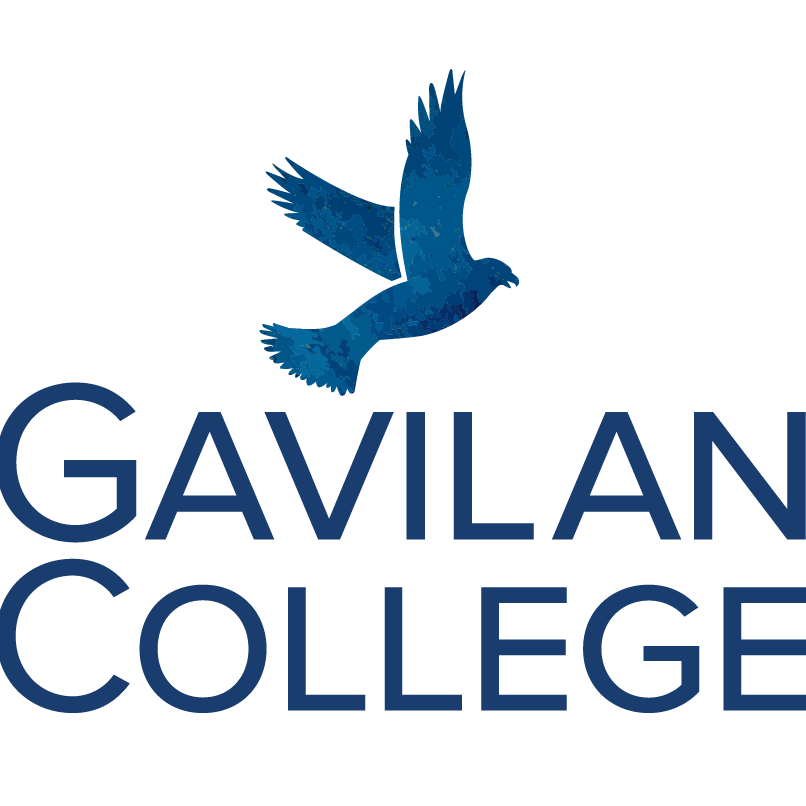Certificate of Achievement in Water Technology Education (Certificate)
加维兰学院
加州,吉尔罗伊
The Water Technology Education program is designed to teach students the key steps, processes, and current technology involved in operating modern water treatment plants. Students who satisfactorily complete the required courses in this degree will qualify to take the California Department of Public Health (CDPH) Grade T-1 and T-2 Water Treatment Plant Operator examinations required for certification and employment at water treatment plants.
计划学习成果:
成功完成该课程后,学生将能够
- Identify in detail characteristics and sources of ground water and surface wat
- Compare and contrast the basic principles of each water treatment process and list them in order performed.
- Identify and classify water distribution system components.
- Explain pump cavitation, corrosion, cross-connection, air valves, head loss and main flushing in relation to water and wastewater collection, distribution and treatment.
- Explain and prepare a plan for the use of chlorine including the characteristics of and methods for storing, feeding and measuring chlorine.
- Determine the methods used for coagulation, flocculation and sedimentation.
- Compare and contrast the six basic water quality parameters and explain in detail microbiological and chemical components.
- Demonstrate the regulations for monitoring water quality and performing water treatment.
- Perform basic mathematical calculations and conversions relating to water flow, pressure, volume, velocity, chemical dosage and hydraulic and organic loading.
- Determine appropriate safety procedures applicable to service and operation of water treatment and distribution systems.
FOR CERTIFICATE COMPLETE CORE COURSES: 21 UNITS
FOR ASSOCIATE DEGREE COMPLETE CORE (21 UNITS), LIST A (3 UNITS) AND LIST B (4-8 UNITS), AND GENERAL EDUCATION REQUIREMENTS: 35 - 39 UNITS
A student may complete the Gavilan College A.A./A.S. general education, the CSU-GE Breadth or the IGETC pattern, plus sufficient electives to meet a 60 unit total. See a counselor for details.
NOTE: A course may be used to satisfy both general education
and major courses. See "Double Counting Rule".





